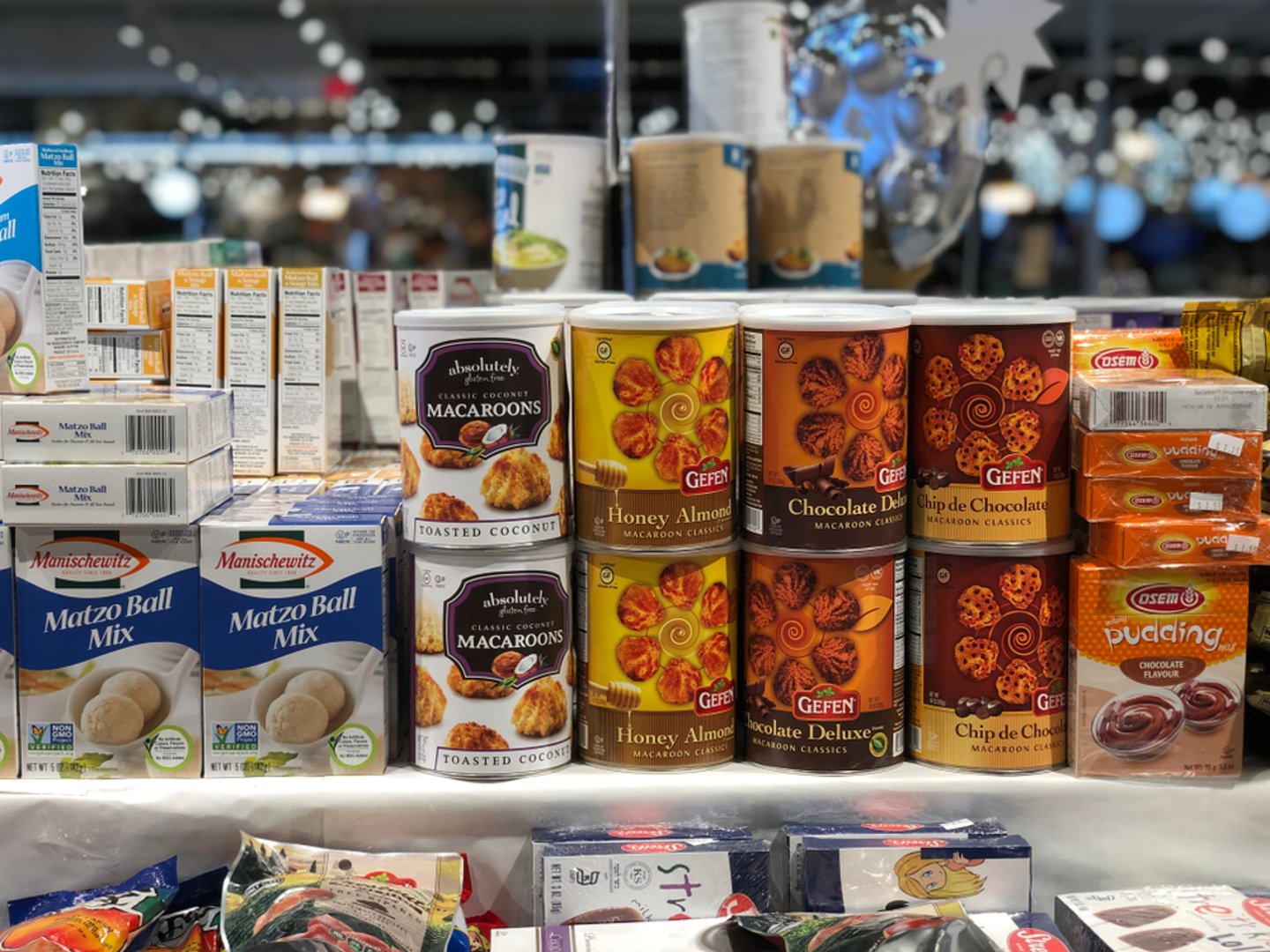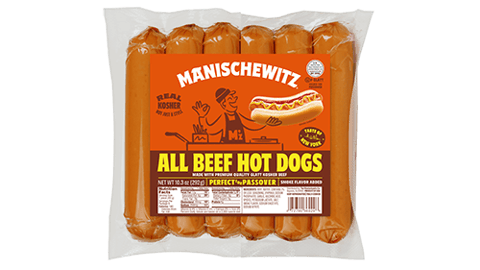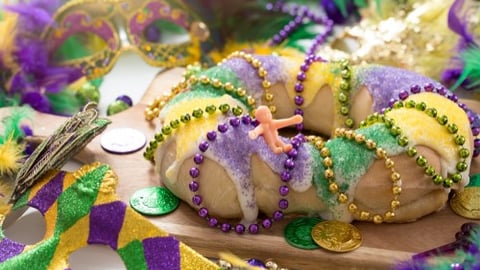Why Supermarkets Should Spice Up Their Passover Aisles
The approaching Jewish holiday of Passover marks the Biblical story told in the Book of Exodus of the Israelites’ escape from slavery in Egypt and journey to the Promised Land. Like many holidays, food plays a central component, with Jews eating cracker-like matzah and refraining from consuming other leavened products and other items for more than a week. These traditional dietary changes stem from the Exodus story itself, which describes the Jews leaving Egypt so quickly that they didn’t have time to let their dough rise and hurriedly baked it into flat bread.
With 70% of American Jews celebrating the Passover seder, the festive meal centered on matzah that kicks off the eight-day holiday, most grocery stores across the country have a kosher aisle dedicated to products for the holiday. Often, however, they could have a much wider variety of products, better catering not just to those who observe Passover, but also to the growing number of specialty and health-conscious shoppers of all faiths looking for goods made especially for Passover, which usually don’t contain any traces of grains, a litany of other ingredients like corn and certain legumes, or additives and oils derived from a long list of forbidden products.
[RELATED: Get S.M.A.R.T With Healthy Lifestyle Goals]
Passover Foods Aren’t Confined to the Jewish Market
In fact, many food companies – from local manufacturers to the world’s biggest brands – have developed special recipes and products that allow their goods to be certified as kosher, or fit, for Passover by one of the large certification bodies like the Orthodox Union. This often includes swapping ingredients, which appeals to millions of consumers beyond those who observe Passover. For example, Coca-Cola makes its famous soda with a special Passover recipe at this time of year, replacing the high-fructose corn syrup with sugar. Like many other products, these also appeal to those beyond the Jewish community who prefer the flavor of Coke with sugar instead of corn syrup.
An Opportunity to Reach All Gluten-Free Shoppers
The vast majority of kosher-for-Passover-certified products are also made without gluten or grains of any sort. This is due to the Jewish religious prohibition of consuming grains that have been mixed with water and given a chance to rise. (Matzah is the exception, as strict rules govern how long the flour and water can be mixed together before the cracker is baked, echoing the original experience of the Israelites.) However, products made to comply with these standards appeal to the growing number of Americans refraining from gluten for health or other dietary reasons. Passover restrictions make it easier for such consumers to find items like croutons, breadcrumbs and crackers made without grains, often with potato starch or nuts standing in for the flour. Passover-certified versions of other products, including spices, are also appealing, especially for those with celiac disease or other allergies, as the certification guarantees that there are no traces of grains in the food.
Showcasing Alternative Oils and Unprocessed Foods
Passover restrictions also forbid the consumption of many of the most common oils in the American diet, including canola oil. This means that stores would benefit by stocking alternatives, including virgin olive oil, avocado oil and walnut oil, with Passover certification. These not only appeal to those observing Passover, but also to those looking for healthier choices or just more variety – both demands that are growing among American shoppers.
Many other unprocessed products should also be displayed more prominently during Passover, including nuts, dried fruits and quinoa. Raw nuts typically don’t need special Passover certification if they have no added ingredients or preservatives, while dried fruits and quinoa are often produced with a Passover certification. These whole foods are also increasingly in demand among consumers, not just those following Passover dietary restrictions.
For those shoppers who do come to the Passover aisle looking for foods to celebrate the holiday, there’s demand far beyond matzah. Such consumers need foods for at least eight days, and chances are that there are many things that could be on these shelves but are often not included. The number of products certified as kosher for Passover is growing every year, along with the general kosher food market, which totals more than 35 million consumers in the United States, only a small fraction of whom identify as observant Jews.
Expanding the items in Passover aisles will help serve all customers better by increasing the convenience of both holiday and specialty food shopping. Further, with the growing number of gluten-free consumers and other health-conscious shoppers, there will remain a market year-round for any overstock for these Passover-certified products.






